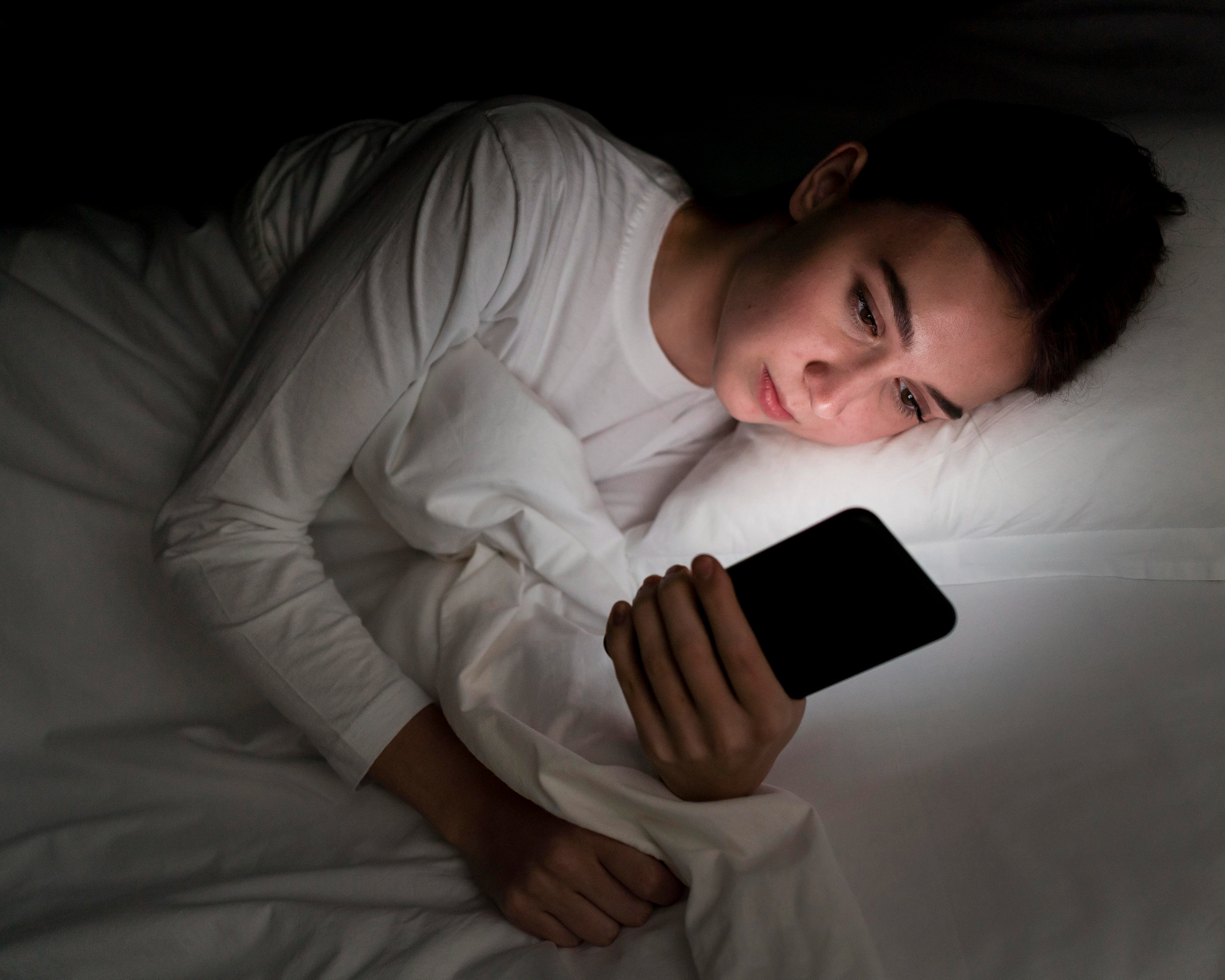Poor sleep in teenagers has been linked to accidents like falls, sports injuries, and even car crashes. Sleep problems are even associated with self-harm and thoughts of hurting themselves. Despite these concerns, sleep issues are quite common, especially among teens dealing with mental health challenges. These sleep troubles can seriously affect daytime performance, overall health, and personal development.
Self-harm, which means intentionally hurting oneself without the intention to die, is a significant concern in adolescent mental health. A large-scale study found that around 17% of teenagers have self-harmed at some point in their lives. While there is therapy that might help with emotion regulation and reducing the frequency of self-harm (such as DBT), research is limited on how to completely stop this behaviour.
Fewer sleep problems – less self-harm?
Addressing sleep problems in teenagers might help with reducing the risk of self-harm, according to a recent publication. The primary treatment for youth sleep disorders involves teaching them better sleep habits (such as regular sleep/wake time, and phone put away after a certain time). However, in some instances, doctors may prescribe melatonin to children and teenagers struggling with sleep. Melatonin is a natural hormone that helps regulate our sleep-wake cycle, but it may come with side effects, such as feeling sleepy or tired in the daytime or having a headache.
This recent research hints that melatonin might not only improve sleep but may also lower the risk of self-harm and accidents in young individuals, particularly those dealing with mental health issues. When we look at the big picture, starting melatonin to address sleep problems in teenagers (specifically girls) with psychiatric conditions (especially depression and anxiety), seems to be linked with a lower risk of self-harm.
It is essential to note that these risks are still there despite the improved sleep quality and reduced risk of self-harm: past instances of self-harm can increase the chances of it happening again, which emphasizes the need for vigilant monitoring of these vulnerable young people. In this study, in technical terms, the Incident Rate Ratio was only 0.58 after starting melatonin, which is very promising, but does not mean elimination of the behaviour (if this number is less than 1, it suggests that after treatment the frequency of self-harm dropped).
So, what can we take away from these findings? It suggests that effectively addressing sleep disturbances that are often related to depression and anxiety, could play a crucial role in reducing the risk of intentional injuries in adolescents – and melatonin might be one of the ways to help with sleep.
Why does melatonin work? It could be because melatonin directly improves sleep issues tied to mental health problems like anxiety and depression. Important note again: better sleep habits should be the first line of intervention before any medications! Another idea is that melatonin might have something to do with pain control, which could matter because adolescents who self-harm often have less sensitivity to pain.
Some critical thinking is important, however: it’s worth considering that when kids start taking prescription melatonin, they might be getting more medical attention and care overall. So, it’s not just about melatonin, but about the whole package of care they’re getting that helped with reducing self-harm.
Please note that this blog post by Personal Psychology, counselling in North Sydney, is not intended to provide professional advice. If you or someone you know is experiencing mental health difficulties, it is important to seek help from a qualified healthcare professional.





